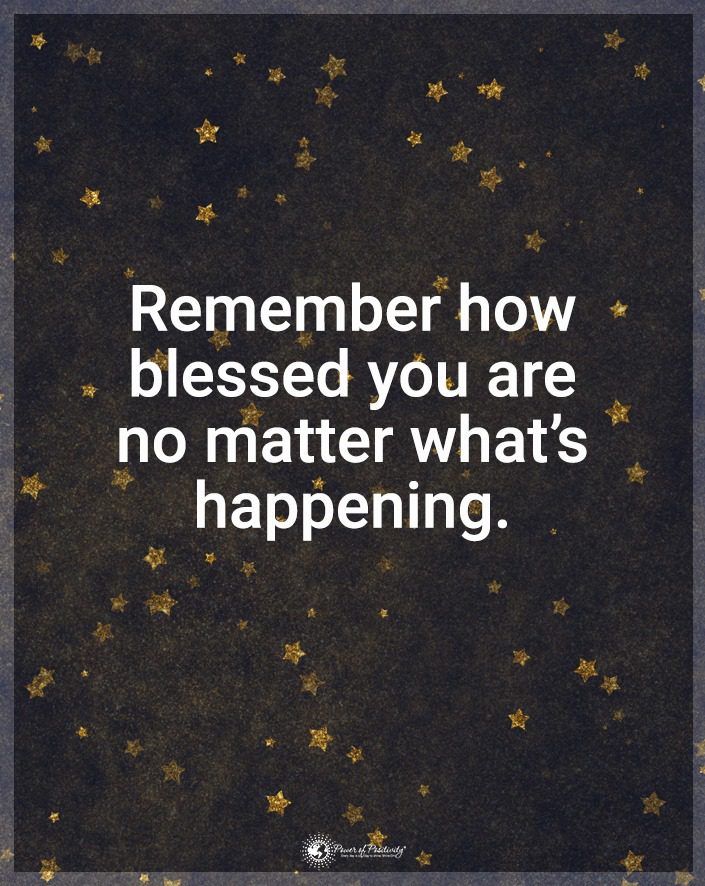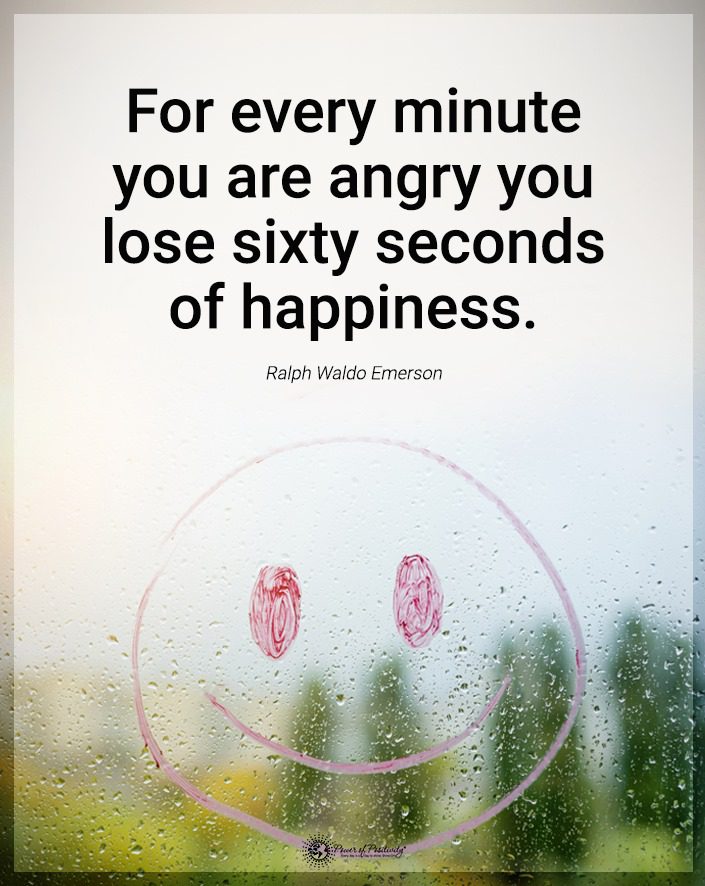These behaviors can reveal so much about your partner.
In the age of whirlwind romances and instant connections, it’s easy to get swept up in the euphoria of new love. But you can easily miss the red flags beneath the surface of candlelit dinners and late-night texts. That can happen even when they scream that something’s wrong with the relationship.
Imagine relaxing on the deck of a cruise ship, not realizing until it’s too late that hidden icebergs lurk beneath the calm waters. Relationships, much like that voyage, come with their own concealed dangers.
While some red flags wave blatantly, others are more insidious. They’re easy to miss in the haze of passion. In this guide, we’ll uncover the 12 relationship red flags that often slip under the radar, helping you navigate the complex waters of love with clarity and confidence.
Sometimes, what you don’t see can change everything.
The Importance of Trust and Communication in a Romantic Relationship

Trust and communication stand as the bedrock of any meaningful relationship. They’re the silent forces that ensure bonds remain unshaken, even amidst life’s tumultuous storms. But when these foundations start to waver, it’s essential to notice.
Every individual has chapters from their past they might not be proud of. During a recent conversation with a friend who works in compliance for an MGA casino, he emphasized how transparency is a cornerstone of building trust—not just in business but in relationships, too. There’s a distinction between maintaining personal privacy and wrapping oneself in layers of secrecy. When a partner becomes consistently evasive about their history, it might hint at them hiding more than just innocent memories. Openness fosters trust, and without it, doubts can silently grow.
Life isn’t always about sunset walks and cozy movie nights. Sometimes, it demands confronting the uncomfortable. Dodging serious conversations or consistently sidestepping issues can signal emotional unavailability. Relationships thrive when you address concerns head-on. In fact, you won’t be truly happy if you leave them lingering in the background.
12 Relationship Red Flags You Should Not Excuse or Ignore
If you see these behaviors, address them right away. Sometimes, there’s a logical reason for them. But losing their poise or stumbling for an answer may reveal a looming obstacle.
1 – Overly Secretive About the Past (and Past Relationship Issues)
Every individual carries memories and experiences from their past, some of which they might not be particularly proud of. However, there’s a difference between cherishing personal privacy and enveloping oneself in a cloak of secrecy.
When a partner remains consistently evasive or vague about their history, it can hint that they’re concealing more than innocent tales. Openness is the cornerstone of trust, and without it, the seeds of doubt can silently take root, undermining the very foundation of the relationship.
2 – Avoidance of Serious Conversations
Life’s journey isn’t solely composed of sunset walks and heartwarming movie nights. It also demands confronting the uncomfortable and addressing the elephants in the room.
If a partner habitually sidesteps serious conversations or changes the topic when pressing issues arise, it might signal emotional unavailability or a reluctance to face challenges. Genuine relationships thrive on transparency and the courage to tackle concerns head-on, not leaving them to rot in the shadows.
3 – Consistent Invalidation of Feelings
Emotions, in all their myriad forms, are the language of the soul. Every emotion deserves acknowledgment and validation, whether it’s a fleeting pang of annoyance or a surge of deep-seated anger. If your partner consistently dismisses or belittles your feelings, it’s more than just a lack of empathy. Such behavior can gradually erode your self-worth and confidence, casting a pall over the relationship’s emotional landscape.
4 – Extreme Jealousy Without Cause
To a certain extent, jealousy can be a natural emotion in relationships. However, it becomes a concerning red flag when it morphs into unwarranted possessiveness without a tangible cause. A partner who constantly questions your interactions doubts your intentions, or tries to limit your social engagements might be displaying signs of deep-seated insecurities. While addressing and understanding these feelings is essential, unchecked jealousy can suffocate the freedom and trust that a healthy relationship thrives on.
5 – Isolation from Friends and Family
A loving partner should celebrate and encourage the bonds you share with your friends and family, not attempt to sever them. If you find yourself increasingly distanced from your loved ones due to overt actions or subtle manipulations from your partner, it’s time to take notice.
Isolating a partner is a classic tactic employed by those who seek control. Besides that, it can lead to feelings of loneliness and dependence, diminishing your support system.
6 – Frequent Gaslighting in the Relationship
Gaslighting is a manipulative tactic where one person makes another doubt their reality, memories, or perceptions. It’s a subtle form of psychological abuse. It can have profound effects over time.
Do you often find yourself questioning your recollections or feeling confused about events that took place? Then, it might be a sign that you are in a relationship with a gaslighter. A romance should be a sanctuary of trust and understanding, not a maze where one feels lost and constantly second-guesses oneself.

7 – Disinterest in Personal Growth or Self-improvement
In a relationship, both partners should inspire and motivate each other to grow and evolve. One partner’s lack of interest in personal development or self-improvement can become a potential red flag.
Stagnation in personal growth can lead to stagnation in the relationship itself. A partner who remains complacent about their growth might also be less supportive of yours. As a result, you have an imbalance in aspirations and goals.
8 – Financial Irresponsibility or Secrecy
Money can be a sensitive topic – particularly in a new relationship. Still, it plays a pivotal role in many parts of one’s life. Financial transparency and responsibility are crucial for building a future together.
So, if a partner is frequently secretive about their finances, makes impulsive spending decisions without discussion, or avoids conversations about money, it can indicate lurking financial issues. Financial irresponsibility or lack of transparency can strain the relationship. It can also lead to mistrust in other areas.
9 – A Consistent Lack of Compromise in the Relationship
Compromise is the glue that holds two individuals together in a harmonious relationship. It’s about finding the middle ground. It also means ensuring both partners feel valued and heard. However, if one partner consistently refuses to compromise or always insists on having their way, it can be a glaring red flag.
A one-sided relationship happens when one person’s desires and opinions overshadow the other’s. As a result, it can lead to feelings of resentment and dissatisfaction.
10 – Disrespectful Comments or Actions
Respect is a fundamental cornerstone of any relationship. While disagreements and arguments are natural, they should never devolve into personal attacks or disrespectful comments.
If your partner frequently belittles you, makes derogatory remarks, or displays actions that undermine your self-worth, it’s a significant red flag. Such behavior not only erodes trust but can also inflict lasting emotional scars.
11 – Always Playing the Victim
Accountability is crucial in any mature relationship. Does your new relationship partner consistently refuse to acknowledge their mistakes? Do they also always portray themselves as the victim? That behavior can indicate emotional immaturity or manipulation.
By never taking responsibility for their actions and constantly shifting the blame, they prevent genuine resolution of conflicts. Because of this behavior, they hinder the growth of the relationship.
12 – Over-dependence or Extreme Independence of One Partner in the Relationship
A healthy relationship strikes a balance between interdependence and personal autonomy. It can become draining if a partner exhibits extreme over-dependence, constantly relying on you for emotional, financial, or social support without reciprocating.
Conversely, extreme independence, where a partner avoids sharing or collaborating on any aspect of life, can create distance. Both extremes can indicate deeper insecurities or fears that need addressing.
Addressing These Red Flags in Your Relationship
Here are some ways to look into these red flags before you continue to build the connection with your partner.
- Open Communication: Initiate honest and non-confrontational conversations about any concerns or feelings you’ve observed. Creating a safe space for dialogue allows both partners to express themselves without fearing judgment.
- Seek Counseling: Professional relationship counseling or therapy can provide valuable insights and tools to work on these challenges. A neutral third party can help identify patterns and offer strategies for improvement.
- Educate Yourselves: Attend workshops, read books, or watch videos on relationship health and communication. Knowledge can empower both partners to recognize and address potential issues.
- Set Boundaries: Clearly define and enforce boundaries. Regularly check in with each other to ensure these boundaries are respected and adjust them as needed.
- Practice Self-awareness: Regular self-reflection can help individuals recognize behaviors that might contribute to relationship challenges. By understanding oneself better, it becomes easier to address and rectify problematic patterns.
By proactively addressing potential red flags, couples can strengthen their bond and ensure a healthier, more fulfilling relationship.
Final Thoughts on Addressing Relationship Red Flags
Recognizing and understanding these red flags is not about casting judgment or hastily ending relationships. Instead, it’s about fostering awareness, promoting healthy communication, and ensuring both partners feel valued and respected.
Relationships, with all their intricacies and nuances, require constant nurturing and understanding.
By staying attuned to these red flags and addressing them proactively, couples can fortify their bonds and navigate the journey of love with mutual respect and genuine affection. Remember, the most robust relationship comes from trust, understanding, and the willingness to grow together.



















